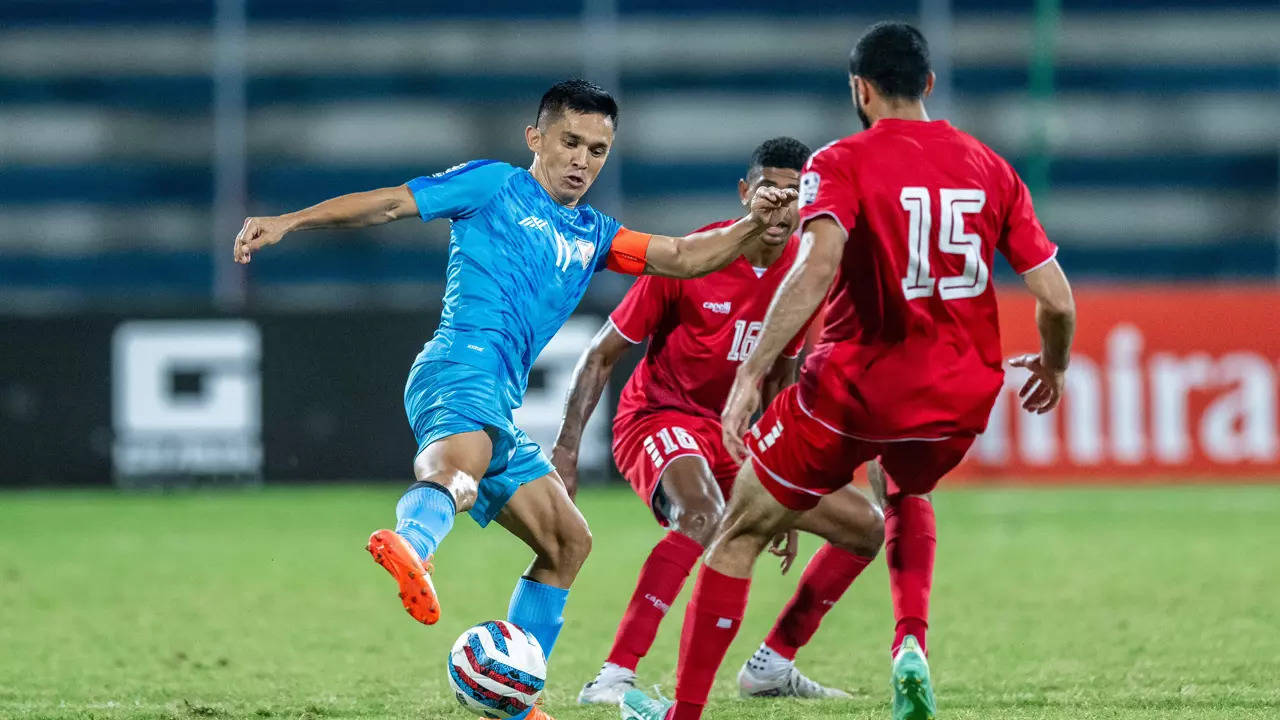The world of college football, with its passionate fans and intense debates, often serves as a crucible for the shaping of future NFL stars. Amidst this fervent atmosphere, opinions from esteemed figures like Kurt Warner, the epitome of an American underdog story, carry significant weight and spark widespread discussion.
Recently, Warner’s candid thoughts on the current era of college football and its impact on young quarterbacks have ignited a fiery debate among fans, analysts, and coaches alike.

Kurt Warner’s Opinion that Stirred the Pot
In the lead-up to the NFL Draft, a time when speculation and analysis reach their peak, Kurt Warner, the former Rams quarterback known for his remarkable journey from grocery store clerk to NFL MVP, voiced his concerns about the “crazy” college football era.
Warner’s observation, stemming from his viewing of last year’s college football highlights, pointed towards a systemic issue affecting the development of quarterbacks. “We have guys playing for 6 years,” Warner stated, highlighting the prolonged exposure players have at the college level before leaping professional football.

This statement, though seemingly straightforward, quickly became a lightning rod for controversy, attracting a mix of support and criticism. The crux of the debate centered around the responsibilities of lower-level coaches in nurturing the careers of young athletes.
Questions arose about whether the existing structure within college football adequately prepares players for the professional arena or if it instead sets unrealistic expectations.
A Call for Civil Discourse Amidst Heated Debate
Warner’s comments did not go unnoticed, sparking intense discussions on social media platforms, particularly Twitter. Fans and critics alike engaged in a dialogue that, at times, veered into less-than-civil territory. Warner, in response to the heated exchanges, called for a more respectful discourse, emphasizing the importance of constructive disagreement without resorting to childish behavior.
The debate also prompted in-depth analysis from figures like Coach Tony Franklin, who penned an essay addressing the role of high school and college coaches in athlete development. Franklin’s essay served as a thoughtful counterpoint to the criticism, suggesting that the issue at hand was multifaceted and deserving of serious consideration.

Kurt Warner’s Openness to New Perspectives
Despite the initial backlash, Warner’s stance on the matter was not one of unwavering certainty but rather an invitation to dialogue. Acknowledging his limited familiarity with the intricacies of college football, Warner expressed a willingness to learn and absorb new information.
This openness to different viewpoints underscored the broader debate’s core: the need for a holistic approach to developing athletes, one that prepares them not only for the challenges of professional sports but for life beyond the field.
This guy appears every 4 years, no club, no identity, just appears every 4 years 😆 pic.twitter.com/bpjfAdWSNN
— PurelyFootball ℗ (@PurelyFootball) February 26, 2024
Beyond the Field: Preparing Athletes for Life
The discussion Warner initiated transcends the technical aspects of football; it touches on the fundamental purpose of sports education. It raises pertinent questions about the role of coaches in shaping not just skilled athletes but well-rounded individuals. The debate highlights a critical aspect of sports education: whether the focus should be on crafting exceptional players for the professional stage or equipping young men with the tools to succeed in all walks of life.
A Debate with Far-Reaching Implications
Kurt Warner’s comments on the college football system have opened up a vital conversation about the future of sports education and athlete development. As the discussion unfolds, it becomes evident that the issue is not merely about sports but about how we mentor the next generation.
Warner’s willingness to engage in this debate, coupled with his call for civility and open-mindedness, reflects the nuanced approach needed to tackle such complex issues. As the football world continues to ponder Warner’s insights, the ultimate goal remains clear: to nurture young athletes into not only successful professionals but also exemplary individuals.

Source: Kurt Warner









